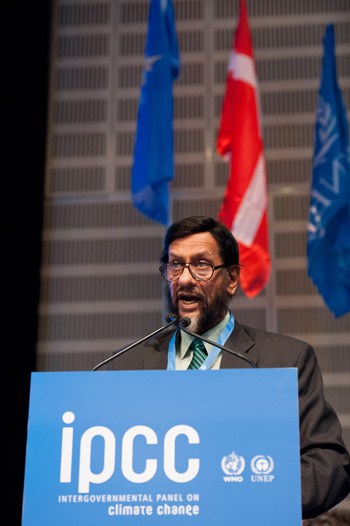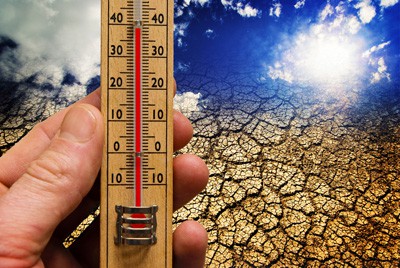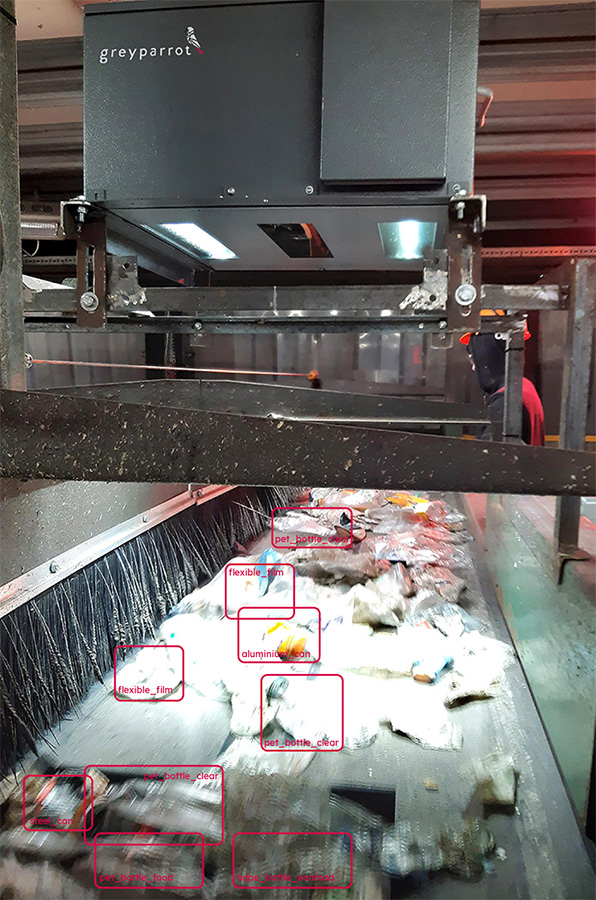The Intergovernmental Panel on Climate Change (IPCC) study, produced by hundreds of scientists and published yesterday (November 2), claims that human influence on the climate system is “clear and growing” and warns that if left unchecked, climate change will “increase the likelihood of severe, pervasive and irreversible impacts on people and ecosystems.”

However, it says that adapting to climate change and implementing “stringent” mitigation activities can ensure that the impacts of climate change remain within a manageable range.
And, one area where it says that more could be done is with regards to resource efficiency and recycling.
Industry
In industry, it says that improvements in the efficiency of material use, recycling and reuse of materials and products and also more intensive use of products, in addition to other measures such as improved energy efficiency, could help to reduce greenhouse gas emissions below a crucial baseline level.
It states: “Important options for mitigation in waste management are waste reduction, followed by re-use, recycling and energy recovery”.
In addition, it says that these measures would benefit the local environment by reducing the need to extract virgin materials and also deposit waste, as well as impacting businesses competitiveness.
Food waste
Meanwhile, behavioural change, including the reduction of food waste, is cited as a significant means through which to reduce emissions.
The report states: “Emissions can be substantially lowered through changes in consumption patterns and dietary change and reduction in food wastes. A number of options including monetary and non-monetary incentives as well as information measures may facilitate behavioural changes.”

Through mitigation measures, the report claims that the warming could be reduced to 2ºC – the goal set by governments. However, it says that delaying mitigation to 2030 will “substantially increase the technological, economic, social and institutional challenges associated with limiting the warming over the 21st century to below 2ºC”.
IPCC chair R.K. Pachaur said: “The scientific case for prioritising action on climate change is clearer than ever. We have little time before the window of opportunity to stay within 2ºC of warming closes. To keep a good chance of staying below 2ºC, and at manageable costs, our emissions should drop by 40-70% globally between 2010 and 2050, falling to zero or below by 2100. We have that opportunity, and the choice is in our hands.”
Message
Commenting on the report, UK Secretary of State for Energy and Climate Change, Ed Davey said: “This is the most comprehensive, thorough and robust assessment of climate change ever produced. It sends a clear message that should be heard across the world – we must act on climate change now. It’s now up to the politicians – we must safeguard the world for future generations by striking a new climate deal in Paris next year.”
“The UK has been leading the world – and bringing the world with us. The historic agreement to cut carbon emissions in Europe by at least 40%by 2030 effectively means our Climate Change Act is being replicated across Europe – just as it’s being copied in countries across the world as they seek to cap and cut their own emissions.”









Subscribe for free